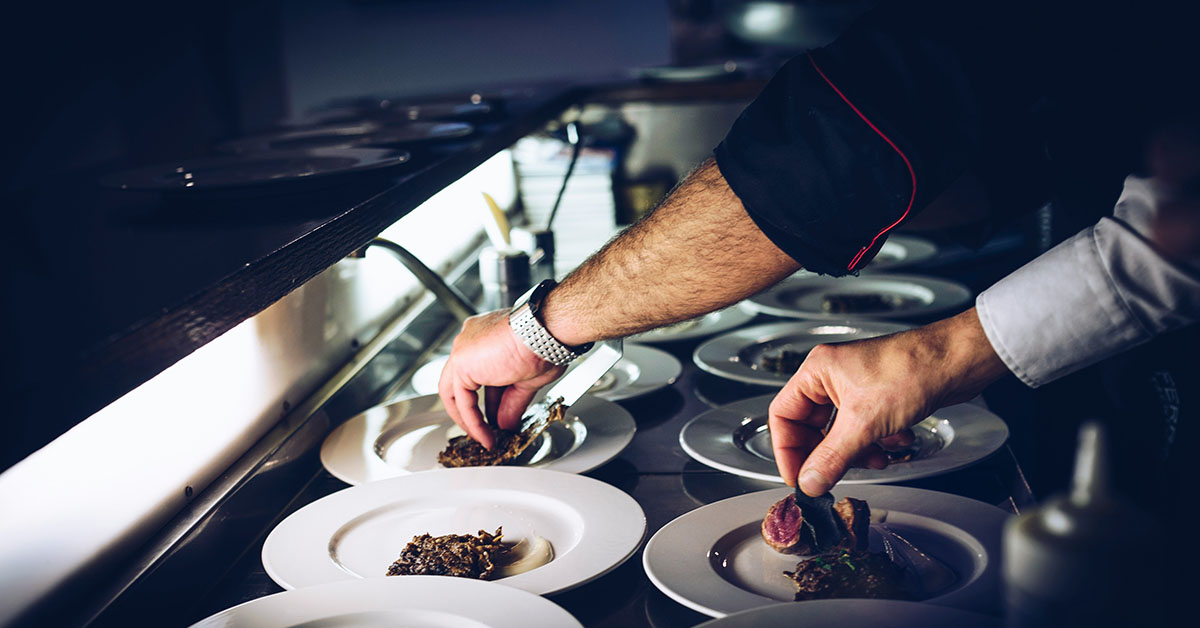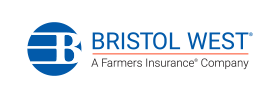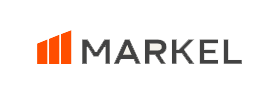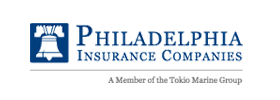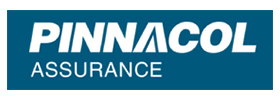KEY TAKEAWAYS:
Here are 13 crucial kinds of restaurant insurance:
- Restaurant Liability Insurance
- Liquor Liability Insurance
- Property Insurance
- Business Interruption Insurance
- Foodborne Illness Coverage
- Workers’ Compensation Insurance
- Valet Parking/Garagekeeper Liability
- Company Auto Insurance
- Employee Benefit Plans
- Employment Practices Liability
- Crime/Fidelity Policies
- Electronic Instrument Policies
- Bonds
Restaurant Insurance: It Matters More than You Think
Running a restaurant is no piece of cake. From managing staff to ensuring quality ingredients, there’s a lot on a restaurant owner’s plate. But one thing that should never be overlooked is restaurant insurance.
A customer slips on a wet floor, a kitchen fire breaks out, a disgruntled employee files a lawsuit — without proper coverage, these scenarios could burn a massive hole in your pocket. From liability coverage for slip-ups to property insurance for kitchen calamities, restaurant insurance is your safety net in the unpredictable world of food service. So, let’s talk about some must-have policies for restaurants.
The Top 13 Types of Restaurant Insurance
1). Restaurant Liability Insurance: Covering the Unexpected

Accidents happen, and when they do, restaurant liability insurance has your back. Whether a customer slips on a wet floor or gets sick from food poisoning, this coverage protects your business from costly lawsuits and medical expenses.
2). Liquor Liability Insurance: Serving Responsibly
If your restaurant serves alcohol, liquor liability insurance is a must. It shields you from liability in case a patron causes harm to themselves or others after consuming alcohol on your premises.
3). Property Insurance: Safeguarding Your Assets
Your restaurant’s physical assets, like the building, equipment, and inventory, are valuable investments. Property insurance ensures you’re covered if they’re damaged or destroyed by fire, theft, or other covered perils.
4). Business Interruption Insurance: Keeping Your Business Afloat
When unexpected events, like natural disasters or equipment breakdowns, force your restaurant to temporarily close its doors, business interruption insurance steps in to cover lost income and ongoing expenses.
5). Foodborne Illness Coverage: Maintaining Your Reputation
Food safety is paramount in the restaurant industry. Foodborne illness coverage protects your business if a customer falls ill due to contaminated food, helping you manage the fallout and preserve your reputation.
6). Workers’ Compensation Insurance: Supporting Your Crew
Your employees are the backbone of your restaurant. Workers’ compensation insurance provides financial protection for your staff in case they’re injured or become ill on the job, covering medical expenses and lost wages.
7). Valet Parking/Garagekeeper Liability: Parking with Peace of Mind
If your restaurant offers valet parking services, valet parking/garagekeeper liability insurance shields you from liability if a customer’s vehicle is damaged or stolen while in your care.
8). Company Auto Insurance: Driving Safely
If your restaurant owns vehicles for deliveries or catering services, company auto insurance provides coverage in case of accidents or damage to your vehicles.
9). Employee Benefit Plans: Caring for Your Team
Offering employee benefit plans, like health insurance and retirement benefits, demonstrates your commitment to your team’s well-being and helps attract and retain top talent.
10). Employment Practices Liability: Navigating HR Challenges
Employment practices liability insurance protects your restaurant from claims of wrongful termination, discrimination, harassment, or other employment-related issues.
11). Crime/Fidelity Policies: Guarding Against Theft
Unfortunately, theft can occur in any business. Crime/fidelity policies provide coverage for losses resulting from employee dishonesty, theft, or fraud.
12). Electronic Instrument Policies: Protecting Your Tech
If your restaurant relies on electronic equipment like POS systems or kitchen appliances, electronic instrument policies cover repair or replacement costs in case of damage or breakdown.
13). Bonds: Building Trust
Surety bonds, like performance bonds or license and permit bonds, provide assurance to customers and regulatory agencies that your restaurant will fulfill its obligations and comply with industry standards.
Get a Quote on Restaurant Insurance Today
Don’t leave your restaurant unprotected. Contact Avalue Insurance to learn more about restaurant insurance and ensure your business is properly protected. From liability coverage to employee benefits, we’ve got you covered. Get in touch with us today to start comparing quotes!


